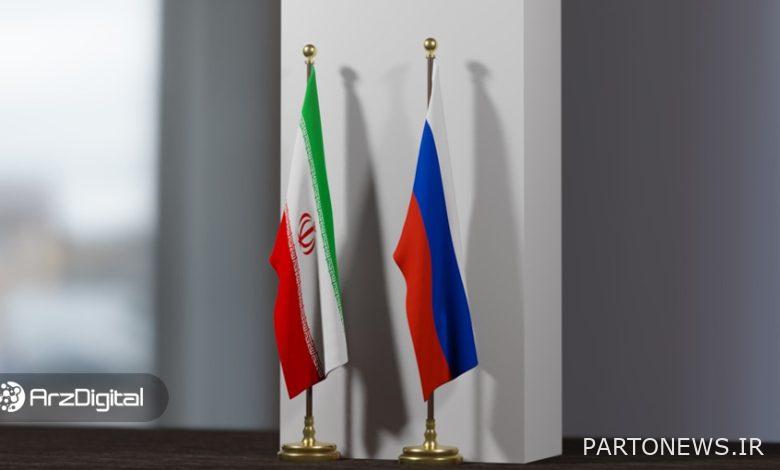Annotated conversation between Iranian and Russian parliamentarians about the common token of the Persian Gulf and digital currencies

The Chairman of the Digital Economy Committee of the Majlis, in a recent meeting with the Chairman of the Financial Market Committee of the State Duma of Russia, said that Iranian decision-making bodies are inclined to conduct negotiations on financial exchange between Iran and Russia using digital currencies at a faster rate, and that the two countries reach executive agreements. to find
According to Erzdigital and to quote From ISNA, Anatoly Aksakov, the head of the financial market committee of the Russian State Duma, said in a meeting with Mojtaba Tawanger, the head of the parliament’s knowledge-based and digital economy committee:
- The air temperature in this city reached minus 5.2 degrees!February 3, 2024
We have a law in the Russian Parliament on the use of cryptocurrencies with the backing attached to it.
He continued:
Last year, 16 cryptocurrency supports were announced and defined in Russia; This year, we are expected to provide 16 billion rubles of cryptocurrency with support.
The chairman of the financial market committee of the Russian State Duma added:
Our plan this year is to continue cryptocurrencies with more countries. Of course, as you said, central banks should have wider communication with each other.
He added:
We are ready to make the necessary follow-ups from the Central Bank of Russia for the purpose of negotiations to start cooperation in this field, and we can exchange opinions about the legislative process.
Tawanger, the head of the Digital Economy Committee of the Islamic Council, also said in this meeting:
The current trade volume of 700-800 billion dollars in the Eurasian Economic Union, as well as the presence of foreign trade amounting to 4 billion dollars between the Islamic Republic of Iran and the Eurasian Economic Union (EAEU), which will have the capacity to increase up to 35 billion dollars, show the strong role of this union as The commercial corridor strengthens and increases the amount of foreign exchanges in the region. In this regard, the temporary free trade agreement between the Islamic Republic of Iran and Eurasia is a step forward for international trade in the region and can create new fields in foreign trade.
Twanger added:
There are various solutions for carrying out international financial exchanges, such as the interbank money transfer network (SWIFT), bilateral or multilateral monetary agreements, and clearing houses. Along with the aforementioned conventional approaches, new technologies such as blockchain and cryptocurrencies have been formed today. In these new technologies, more efficient mechanisms have been developed compared to previous conventional approaches.
He added:
In fact, the central function of this technology is to facilitate the transfer and settlement of assets, both material and spiritual, globally and in a fraction of a second with the lowest transaction fee. In this proposed mechanism, commercial parties in countries can make financial transactions with each other with higher speed and security and lower cost with this value exchange interface developed based on blockchain technology.
Towanger reminded:
A few months ago, Mr. Brazhinkov, the head of the Russian Blockchain Association, and Mr. Tkachev, a member of the Duma Committee on Information Policy, Information Technology and Communications, came to Iran to attend an event about cryptocurrency, where we had discussions on this matter. Recently, they also announced explanations about the common cryptocurrency with gold backing. Iranian decision-making institutions want these negotiations to speed up and the responsible institutions of Russia and Iran reach executive agreements.
Nothing found.

